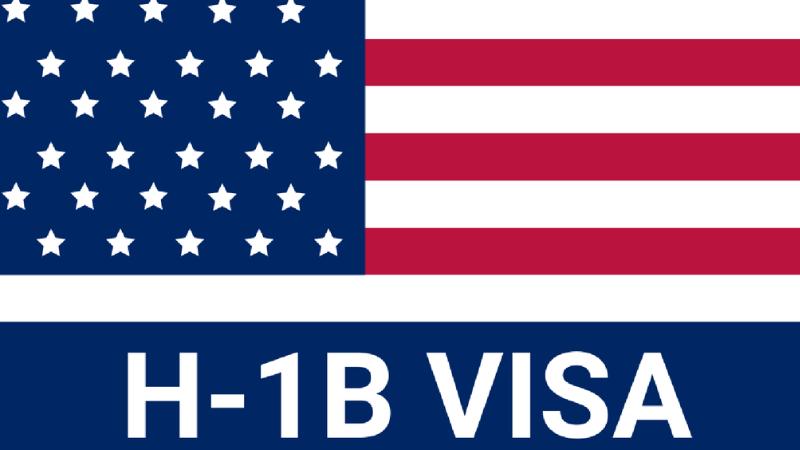
- greensea
- 27 Dec 2024 01:42 AM
- Visa & Immigration
President-elect Donald Trump has appointed prominent Indian-American venture capitalist Sriram Krishnan as Senior Policy Advisor for Artificial Intelligence in the White House Office of Science and Technology Policy. This historic appointment reflects the growing influence of Indian-Americans in U.S. politics. Krishnan is expected to play a pivotal role in shaping U.S. immigration policies and steering the future of technological advancements.
This development aligns with a proposal under consideration by the U.S. administration to eliminate the country cap on H-1B visas, a move that could significantly enhance opportunities for skilled Indian workers, particularly in engineering and technology sectors.
Understanding the H-1B Visa
The H-1B visa allows U.S. companies to hire foreign professionals in specialized fields that require specific expertise. However, the current system imposes a 7% per-country cap on the number of visas issued annually, leading to a significant backlog for Indian professionals, who dominate the global digital talent pool.
This limitation creates fierce competition for the limited H-1B slots available to Indian applicants each year, resulting in delays of several years. Meanwhile, applicants from countries with less demand experience shorter waiting times, highlighting the inequity of the existing system.
Sriram Krishnan’s Vision for Immigration Reform
Krishnan has long advocated for merit-based immigration policies, emphasizing the need to prioritize highly skilled workers and streamline the green card process. His appointment signals a potential shift in focus toward addressing the H-1B backlog and enhancing the U.S.'s ability to attract top talent globally.
Potential Impact of Removing the Cap
The proposed elimination of the per-country cap on H-1B visas would allow applications to be assessed solely on merit rather than nationality, creating a level playing field for skilled professionals.
For Indian workers, this change could mean:
- Faster visa processing
- Smoother transitions to permanent residency
- Reduced job insecurity caused by long backlogs
For the U.S., it ensures a steady inflow of top-tier talent, especially in cutting-edge fields like artificial intelligence and machine learning, bolstering its position in the global tech industry. Additionally, this shift would strengthen U.S.-India ties and reinforce India's role as a hub of global talent.
Challenges and Considerations
While this reform is poised to benefit both Indian professionals and the U.S. tech industry, concerns persist over potential misuse of the H-1B system and the increased competitiveness of the American job market. Striking a balance between safeguarding domestic employment and attracting global talent will remain a key challenge as these reforms move forward.
Eliminating the cap could level the playing field for countries with high demand, such as India, allowing top applicants to secure visas based on their skills rather than national quotas.







































